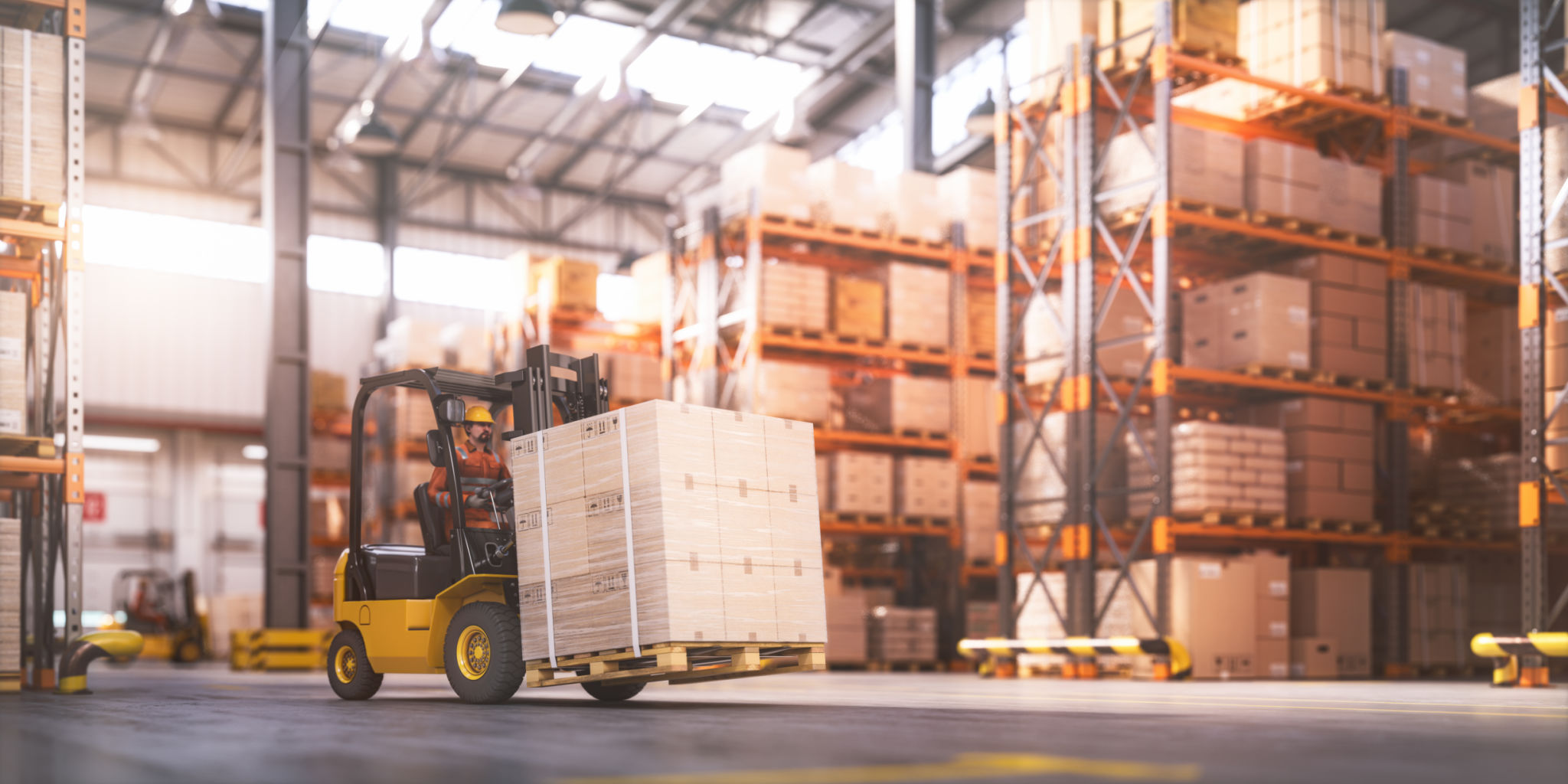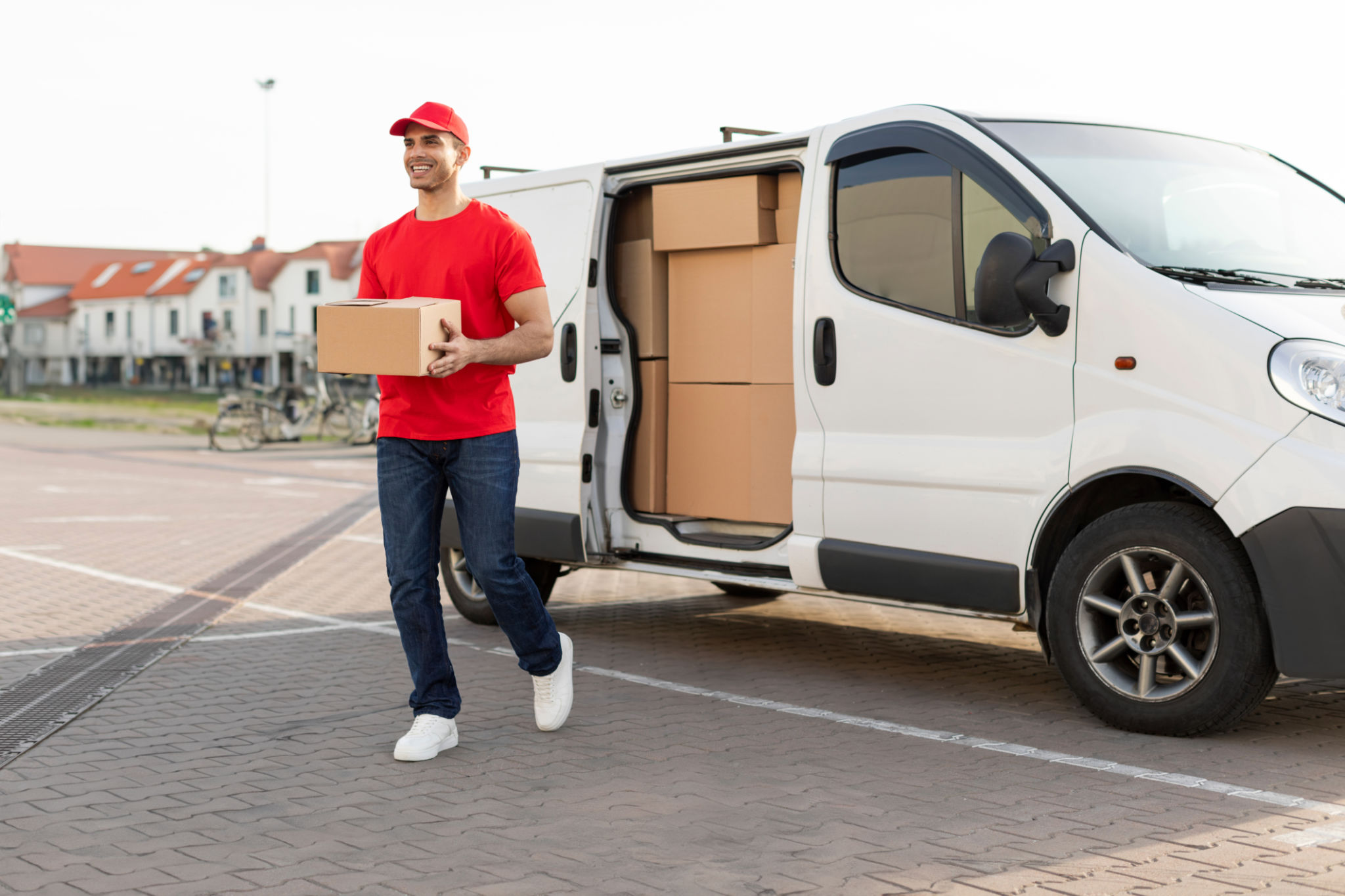Innovations in Fulfillment Logistics: What You Need to Know
The Evolution of Fulfillment Logistics
In recent years, the landscape of fulfillment logistics has experienced remarkable transformations. Driven by technological advancements and changing consumer demands, businesses are rethinking their logistics strategies. This evolution is not just about moving goods from point A to point B; it's about enhancing efficiency, accuracy, and customer satisfaction in a rapidly changing marketplace.
As e-commerce grows, so does the pressure on logistics companies to innovate. Consumers expect faster delivery times and seamless experiences, pushing the boundaries of traditional logistics methods. To meet these expectations, businesses are investing in cutting-edge technologies and streamlined processes.

Automation and Robotics
Automation is at the forefront of innovations in fulfillment logistics. Companies are increasingly turning to robots to handle repetitive tasks, reducing human error and improving efficiency. Warehouses equipped with robotic systems can manage inventory more effectively, ensuring that products are picked, packed, and shipped with incredible speed.
Robotic process automation (RPA) is also making waves by automating back-office operations. From order processing to inventory management, RPA helps businesses reduce costs and improve accuracy. This shift towards automation is paving the way for smarter and more responsive logistics practices.

Advanced Data Analytics
Data analytics is another game-changer in the realm of fulfillment logistics. By leveraging big data, companies can gain valuable insights into consumer behavior and operational inefficiencies. This data-driven approach enables businesses to make informed decisions, optimize routes, and predict demand trends.
Predictive analytics, in particular, helps logistics providers anticipate future challenges and opportunities. By analyzing historical data, companies can forecast demand surges and plan their resources accordingly, ensuring timely deliveries even during peak seasons.

Sustainability in Logistics
As environmental concerns grow, sustainability has become a major focus in fulfillment logistics. Companies are exploring eco-friendly solutions to minimize their carbon footprint. From electric delivery vehicles to sustainable packaging materials, logistics providers are adopting greener practices.
Implementing these sustainable measures not only benefits the environment but also enhances brand reputation. Consumers are increasingly drawn to companies that prioritize sustainability, making it a competitive advantage in today's market.
Last-Mile Delivery Innovations
The last mile of delivery is often the most challenging and costly segment of the logistics chain. Innovations in this area are crucial for improving customer satisfaction. Companies are experimenting with drones and autonomous vehicles to streamline last-mile delivery, reducing delivery times and costs.
Moreover, smart lockers and pickup points are being deployed to provide flexible delivery options for consumers. These innovations aim to tackle the complexities of urban deliveries while offering convenience to end-users.

Conclusion
The future of fulfillment logistics is bright, with continuous innovations shaping the industry. Automation, data analytics, sustainability, and last-mile delivery are just a few areas where significant advancements are being made. As businesses embrace these innovations, they not only enhance their operational efficiency but also meet the ever-evolving expectations of consumers.
Staying ahead in this competitive landscape requires an openness to change and a commitment to leveraging new technologies. By doing so, companies can create a more resilient and responsive logistics network that delivers excellence at every turn.
